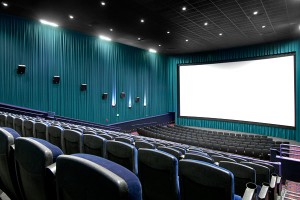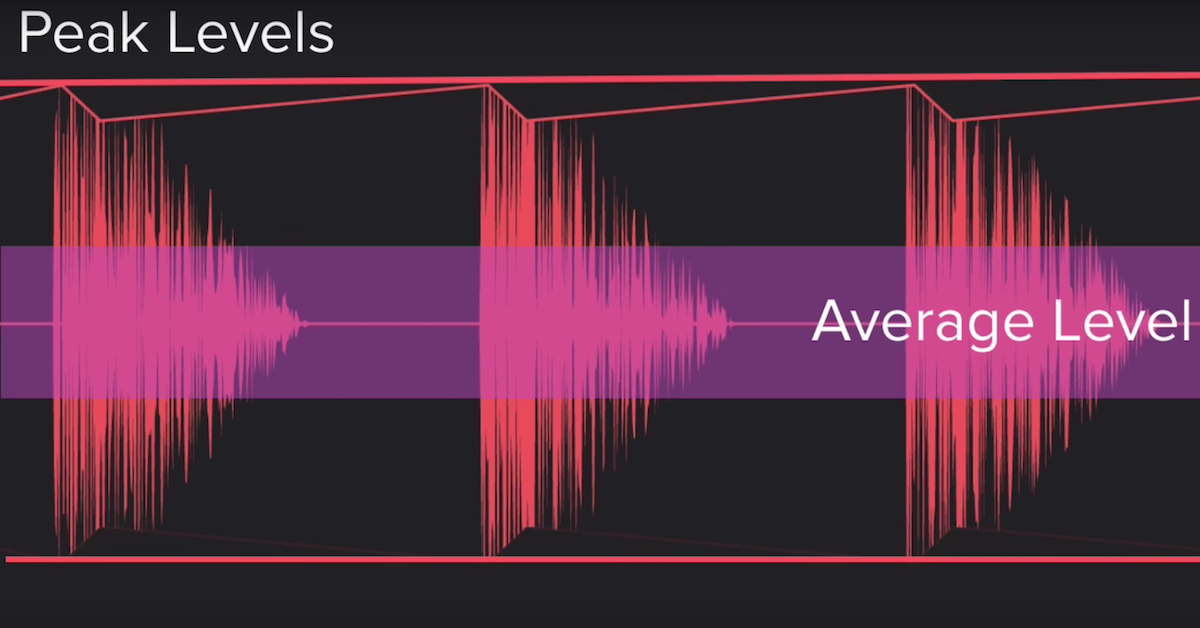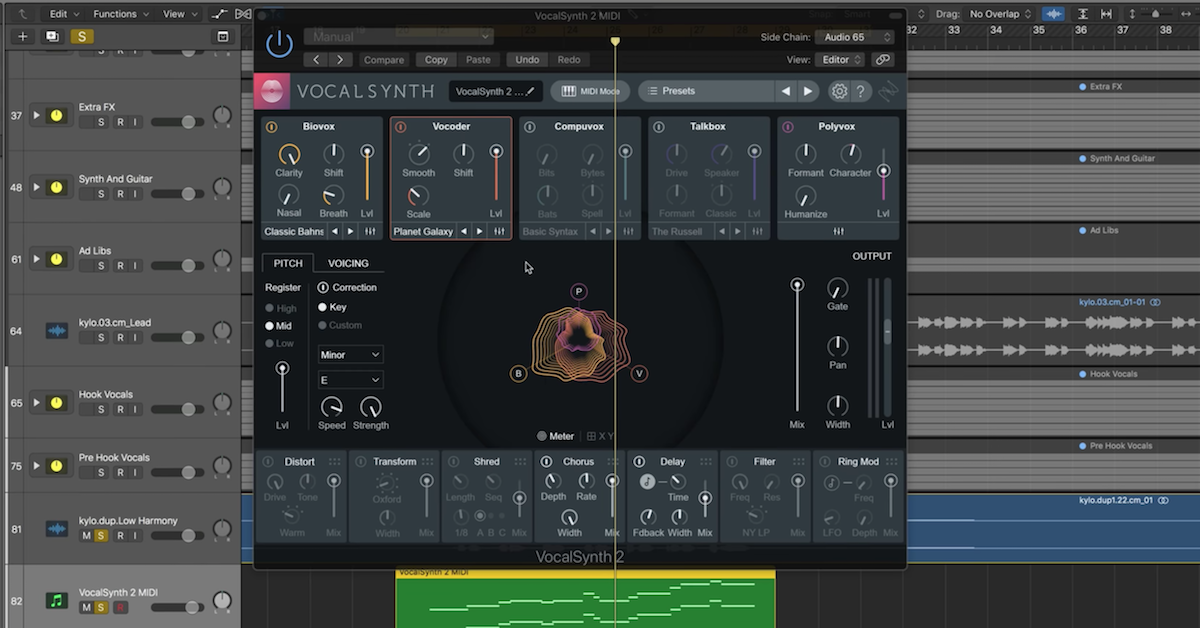Asynchrony of A/V (Pt 3): DVD Players & Cinema
Article Content
Over the last two articles I have discussed the A/V industry’s standards and opinions and explained the resolution of our hearing. I also explained the findings of my own Asynchrony studies.
This article will look at how Asynchrony can appear in A/V media such as DVD Players, Cable TV, and Cinema…
Asynchrony in Real Life
There are a few ways in which sync errors can appear so I’ll begin with the most obvious; bad editing/mixing. This is a pretty inexcusable reason for asynchrony to appear in someone’s work, yet I’m sure all of us can remember an advert or music video where you see it and just think to yourself ‘that’s been badly dubbed’. This should all be fixable in post-production and the only time I can understand it looking odd is when someone else’s voice has been used (in the case of adverts). In a music video I tend to notice it mainly on instruments where it’s apparent the person editing the video does not actually know that much about music or the song in question and puts a piece of video from a different part of the song in.
On the other hand though, once the video has been carefully prepared and screened to check for errors, it is shipped out and put through millions of different set-ups that could introduce asynchrony to the video. As most of you will be aware, any digital system will introduce some sort of latency, and in a world of mass produced, low cost equipment, this latency is not always a reasonable value and is not always equal between video and audio.
Any TV, DVD Player, etc. could have completely de-synched audio and video streams that could completely ruin a well produced video. While I won’t name any specific channels I have noticed certain channels on Sky TV will have days in which their audio is completely out of sync and I find it does make a lot of material unwatchable. I have also noticed that a lot of surround sound systems come with a dial that allows the viewer to alter the delay of the audio, while in the hands of an experienced movie watcher I’m sure this is a useful function, but I have a feeling that in the wrong hands this can be an awkward adjustment to make, especially if the delay amount is saved and then has to be altered for each future film. I can imagine it being like a radio tuning knob, finding the perfect position, and then someone will alter it when you’re not looking and you never quite get that perfection back.
Asynchrony in the Movie Theatre
As I mentioned in the ‘useful figure’s’ table in article one, sound travels at roughly 1 ft per ms, this is a nice easy number for us to work with and to demonstrate a few useful points. Though it was difficult to find out, it seems an average cinema (at least in Britain) is around 70ft by 100ft. Now if you were sitting at the back – a full 100ft away from the screen – it would take 100ms for audio from the front to reach you (as a note I’m just discussing the front 3 speakers here and not any of the surround speakers, this will be discussed in the final article).
Light would already have looped several times around the cinema at this point so we’ll consider that a negligible time period for light. However, 100ms of  audio is equal to 2.5 frames of video. As the Reeves and Voelker test, along with my own test showed, at least 1/3 of the audience will see the sync errors. Though only a small number of the audience should be sitting that far back, larger distances could be noticeable. Film festivals for instance would have people sitting much further away from the screen & sound source. Considering some festivals are important critic events, it seems odd that the films are watched in arguably poor conditions.
audio is equal to 2.5 frames of video. As the Reeves and Voelker test, along with my own test showed, at least 1/3 of the audience will see the sync errors. Though only a small number of the audience should be sitting that far back, larger distances could be noticeable. Film festivals for instance would have people sitting much further away from the screen & sound source. Considering some festivals are important critic events, it seems odd that the films are watched in arguably poor conditions.
Do you ever experience any asynchrony/latency on your A/V devices? Tell us about it in the comments..
–
{In Part 4 I’ll discuss how serious the problem can be and what it’s effects are on your target audience, and look at those companies that re-mix their DVD soundtracks for home-release.}





